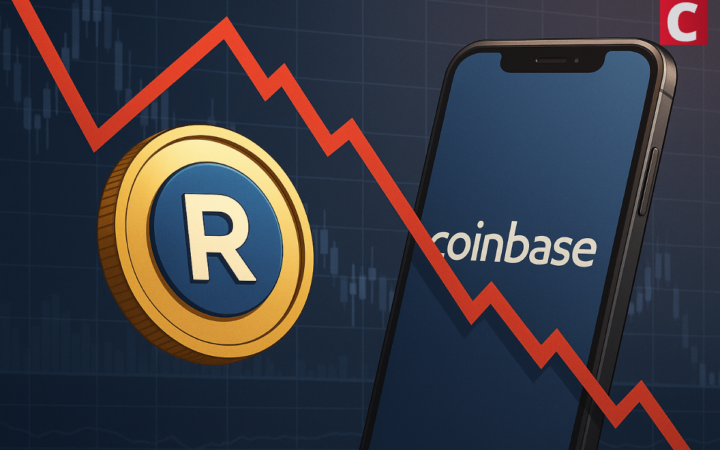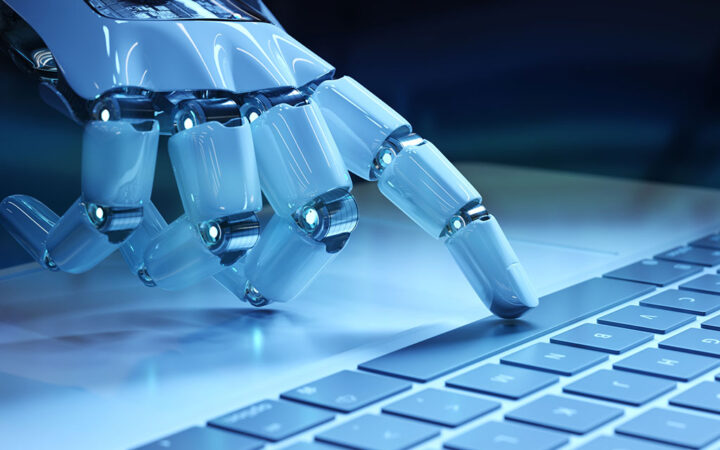If you don’t know about COVID-19 and the worldwide impact it is currently having, then you have likely been living under a rock. A worldwide pandemic, it has severely affected countries like China and Italy. With huge infection rates and a growing death toll.
Google and Facebook Data
Google and Facebook know a lot about you. They know where you go, what you’ve searched for and even probably your deepest darkest secrets. But, in terms of COVID-19, location tracking is an important thing. Using data from users, those with the virus, in particular, it would be possible to create a fully detailed map of their recent activities. Even in some cases who they have interacted with.
Of course, this begs the question of data security and anonymity. But, the fact is that the organizations with access to this data truly can use it to the benefit of fight COVID-19 to the best of their ability. In some scenarios, if the outbreak intensifies or becomes an even bigger threat to life this may be one viable solution. The question of user data protection would need to be put to the side in favor of action in order to be successful.
AI and Coronavirus
A recent World Health Organization (WHO) report stated explicitly that AI has been a big part of China’s response to COVID-19. Social media and misinformation tracking is a huge part of this, in particular, as it helps reduce the hysteria and growing false information that becomes prevalent at such times.
In some instances, there has been the suggestion of using AI to develop a drug to fight the virus. In 2019, Exscienta – a British company – put the first AI-created drug forward into human trials. It took12 months to develop this. It is suggested that an algorithm can be created, to fight both the current and potential future strains of coronavirus.
The likelihood and success of this is still questionable. AI is being developed faster than ever, but is it up to that level yet? More than likely not, but it does pose an interesting thread to how we might be fighting such outbreaks in the future. Even future outbreaks of coronavirus.
Where human intelligence and action is slow, supercomputer AI’s may need to step in to preserve and protect global health. Some app developers in the UK have started working on remotely controllable AI which (if deployed for this very reason) will be able to automatically detect and process patients. Although still at an early phase of development, this is very promising.
Data and COVID-19 in Taiwan
There have already been examples of data helping to tackle the threat that COVID-19 poses. They have been one of the most successful countries in preventing the spread of the virus, largely thanks to data science and new technology. First identified as one of the biggest countries at risk, they have actually stemmed the cases to fewer than one hundred.
Detailed mapping of who had the virus and it’s transmission path was at the heart of this success. And in a move that has saved lives, they integrated health insurance and immigration/custom databases to cross-reference cases. Barring entry from countries most affected also helped significantly. With those allowed entry tracked by mobile technologies to ensure if symptoms appeared, they were quarantined immediately.
Of course, this is a heavy-handed approach and required direct, fast, government interaction. Such that might not be accepted in other nations. But, it goes to show how data mapping and the right technological input can put a stop to the spread of COVID-19.
Conclusion
In the modern world, data is everything. And for that reason alone we should be using it to fight a longstanding problem for the human race; disease. The fast-acting nature of COVID-19 means we need to do this more than ever, as the quicker we ourselves gain a handle on the issue, the faster it will be resolved.
Governments that have not yet turned to data to fight this virus soon may have to. As ‘washing hands’ and other basic advice clearly isn’t going far enough to fight this pandemic.
Disclaimer: Coinspeaker is committed to providing unbiased and transparent reporting. This article aims to deliver accurate and timely information but should not be taken as financial or investment advice. Since market conditions can change rapidly, we encourage you to verify information on your own and consult with a professional before making any decisions based on this content.

Paul Matthews is a Manchester-based business and tech writer who writes in order to better inform business owners on how to run a successful business. You can usually find him at the local library or browsing Forbes' latest pieces.





